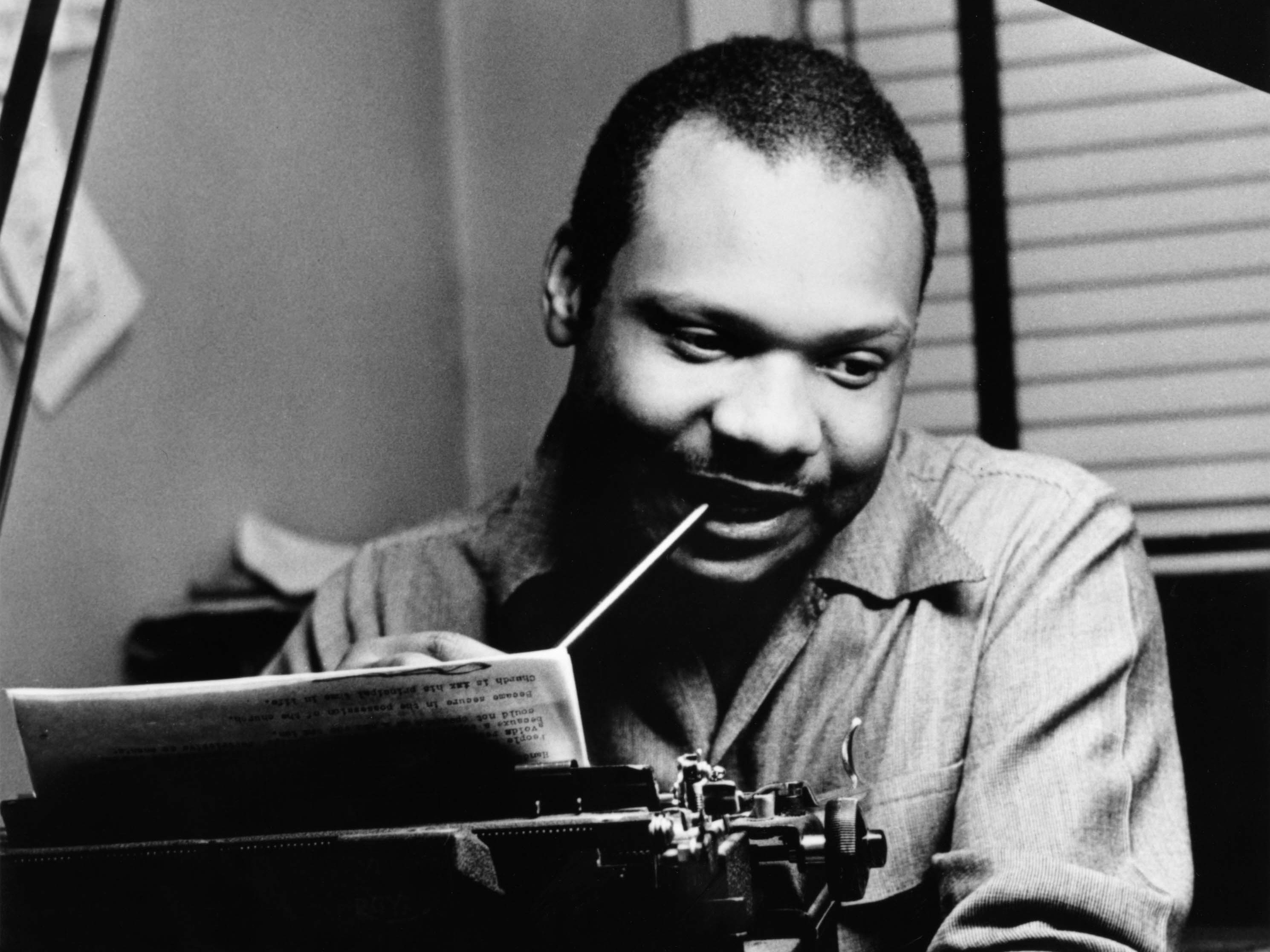Robben Fleming, one of CPB’s best presidents, ‘seemed to me the least interested in himself’
To the editors:
I was very sad to learn of Robben Fleming’s death in the Feb. 28, 2010, issue of Current newspaper. He served as CPB’s president from 1979 to 1981 — sadly, one of the shortest tenures for, in my view, one of the best presidents in the organization’s history.
Predictably, his obituary described a number of important decisions that provided CPB with considerable prestige, as well as new audiences for public television. Not the least of these was to secure an Annenberg grant of $150 million for a remarkable series of national programs.
In my opinion, however, Fleming’s successes of this kind were not nearly so great as his personal and professional presence in the role of CPB president, something that was in sharp contrast with the presidential style of others who have held this position.
In my 27-year employment by CPB, he struck me as both the first and last to bring a natural dignity, as well as an intellectual grasp of what the position required. During my time at CPB, I kept a nearly daily journal of what went on in its offices, as well as the hundreds of meetings with broadcasters and others, in this country and abroad. I have lifted a few words from this journal that describe Robben Fleming’s initial contact with the CPB staff:
“Robben Fleming joined our staff meeting on the 8th. . . . He appeared in socks, but no shoes with a story of a foot problem. Someone else attending his first staff meeting without shoes might have made a stir, but not Fleming. He made it seem as if it were the most natural thing in the world.”
On another occasion, shortly after he had required chemotherapy, he appeared without any hair on his head but, once again, without the least self-consciousness.
I cite these two somewhat inconsequential incidents to emphasize that among the leadership of CPB, he seemed to me the least interested in himself and the most concerned for the progress of the corporation and public broadcasting.
Perhaps in part because of his prior professional experience as president of two major universities, he had, by all odds, the greatest sophistication of any CPB executive I knew. (Although it is perhaps self-serving even now to observe it, I was delighted that he recognized the international implications of public broadcasting.)
Typically, such things as the natural ability to lead, to solve impressive problems, and to understand complex administrative conditions are not recognized at the time they are present in our lives. Robben Fleming’s tenure in the life of CPB and public broadcasting now seems to me remarkable, both because of its brevity and its uniqueness.
David Stewart
Middleburg, Va.






